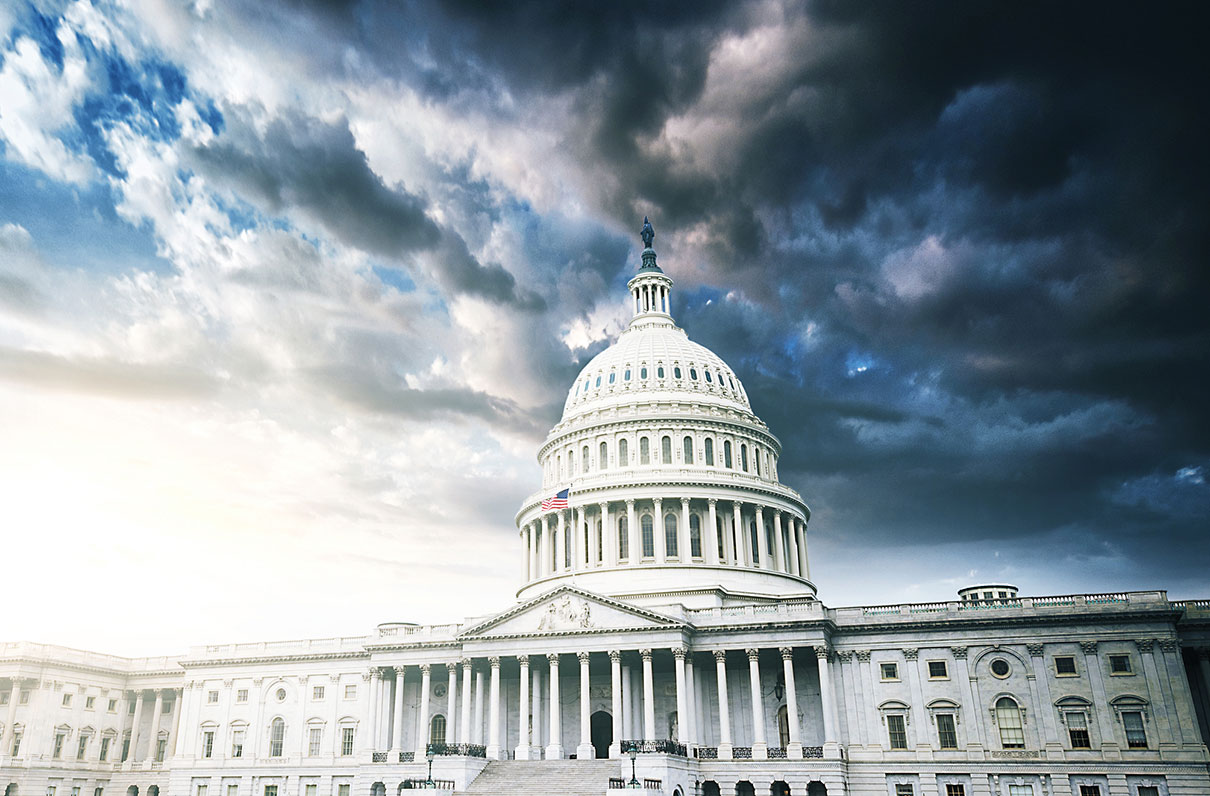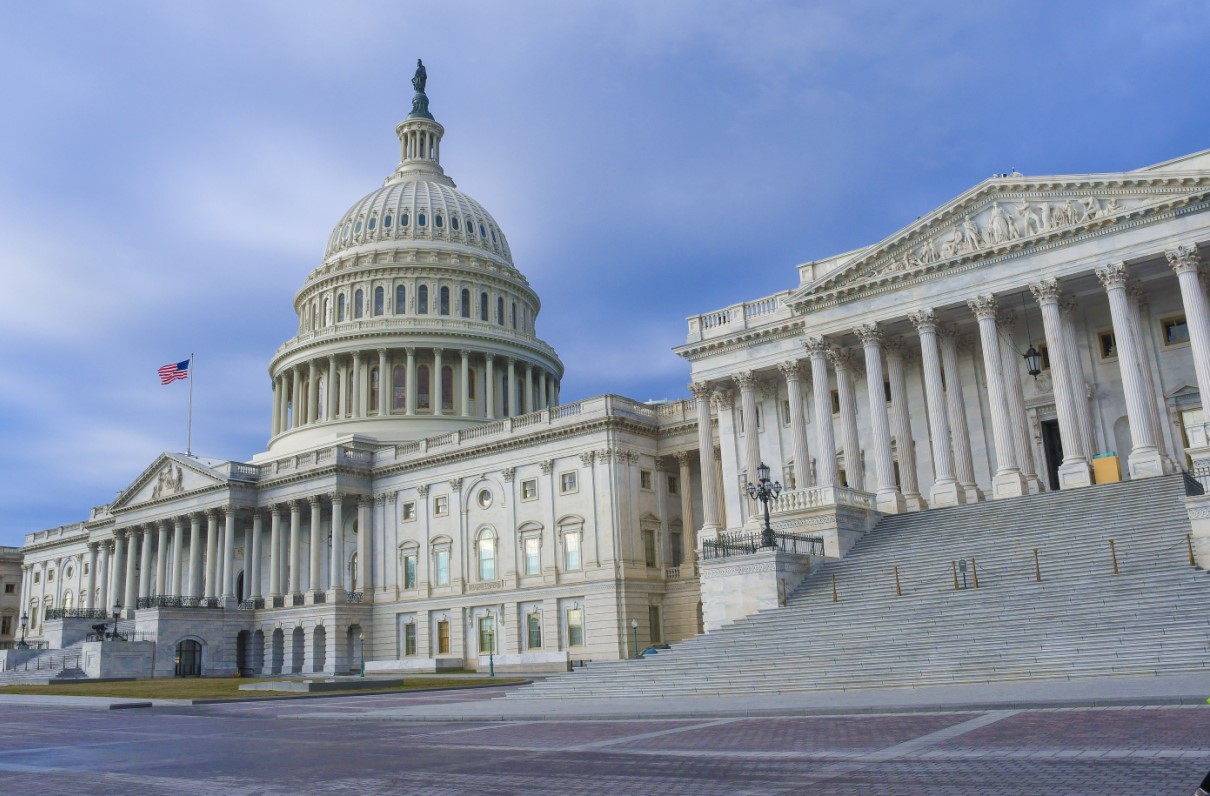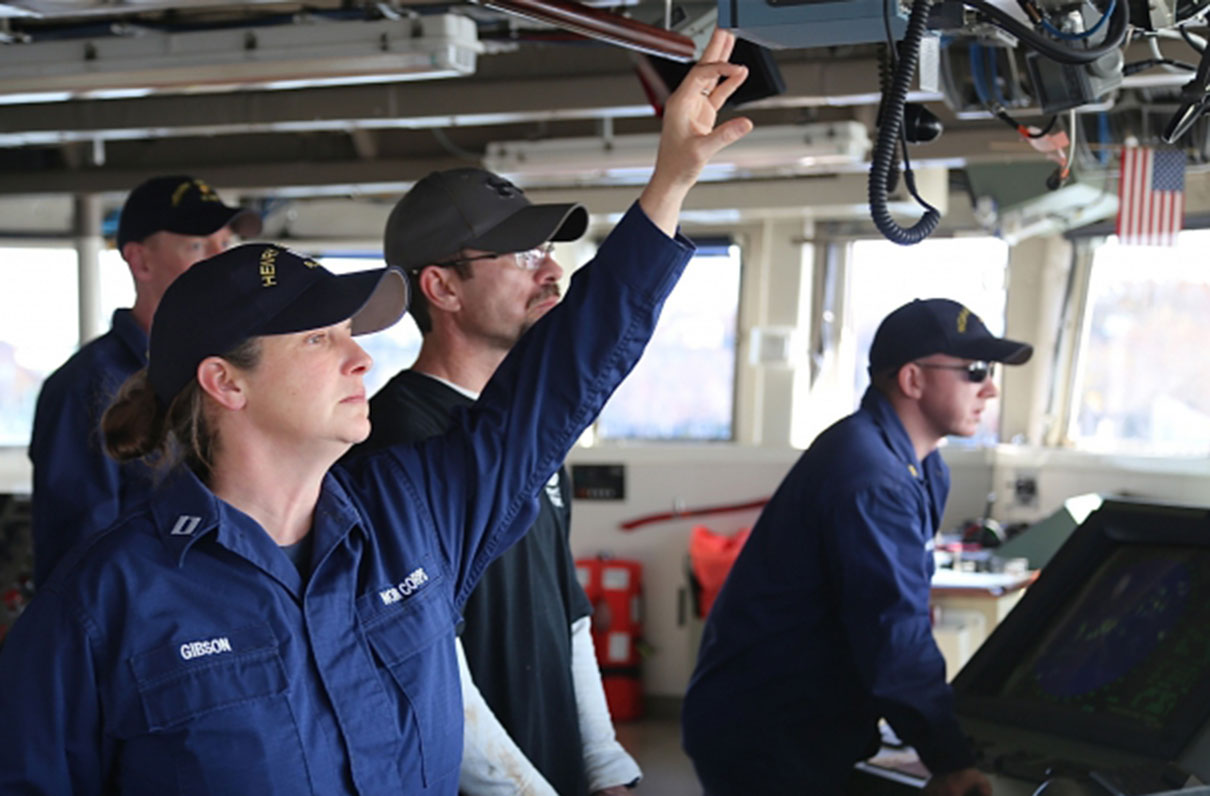The Senate plans to take up two spending packages, including one on defense spending, this week in an effort to prevent a government shutdown.
Appropriators plan to pass a bill funding several federal domestic agencies before moving on to defense spending.
The government is currently operating under a stopgap spending measure, known as a continuing resolution, until Nov. 21. Congress has only 14 legislative working days until then to reach a spending agreement.
It will be the first appropriations bill the full Senate will vote on this year. While several spending bills advanced through committee, no spending bill has received a floor vote. The House passed 10 of its 12 spending bills earlier this year.
Senate lawmakers waited until President Donald Trump signed a two-year budget agreement that raised spending levels for domestic and non-domestic programs. Without an agreement to lift spending levels, Congress faced stiff budget caps on the amount of money it could appropriate.
But with a laundry list of must-pass items for Congress, it remains unclear how lawmakers will be able to address everything. In addition to passing defense policy and spending bills, Congress has to agree on funding levels for other federal agencies and address a series of tax cuts which expire at the end of the year.
It’s possible Congress may throw its collective hands up and pass a year-long continuing resolution. If that happens, funding levels would be set at last year’s rates and the services would be unable to start work on new projects. It would disrupt TDY orders, flight training, and rebuilding installations damaged from storms, among other things.
The alternative would be another government shutdown. Unlike the previous government shutdown in January, where only a handful of federal agencies lacked funding, a full shutdown would be significantly more damaging.
The January 2019 shutdown lasted 35 days. It was the longest shutdown in American history and saw the Coast Guard, Public Health Service, and National Oceanic and Atmospheric Administration go without pay. According to Coast Guard Commandant Adm. Karl Schultz, it was the first time in American history where a branch of the military did not receive pay during a lapse in appropriations.
After the shutdown, Congress passed legislation to ensure Coast Guard pay – including retired pay and survivor benefits – would continue in the event of another shutdown. However, commissioned officers in the Public Health Service and NOAA were not included in the law. MOAA continues to advocate for parity for officers in the Public Health Service and NOAA.



